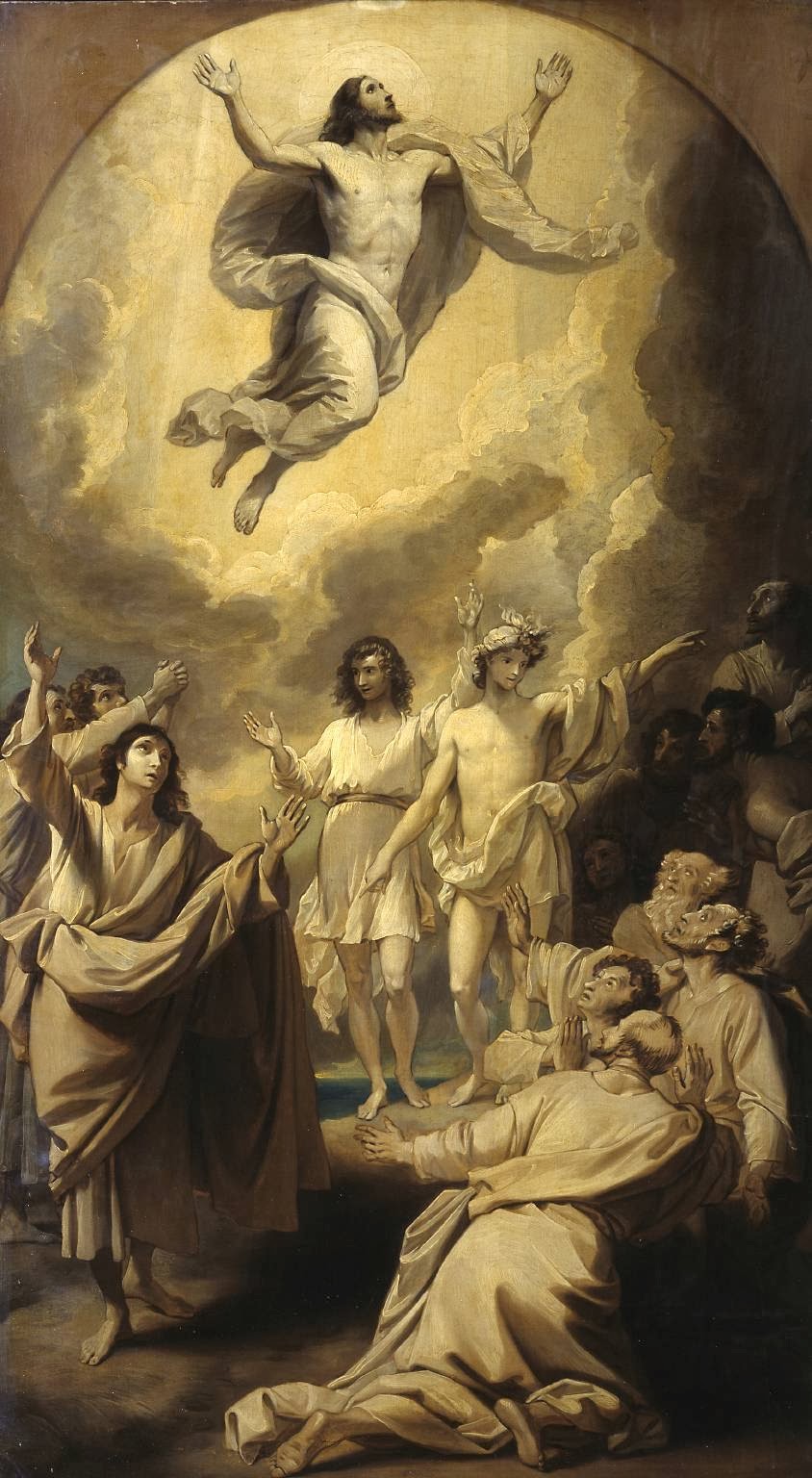
Christ is not ashamed to count us as His intimate relations Heb. Yet he is careful to underscore that this high priest, this Almighty and Sovereign Lord, is also a close companion and friend.

Repeatedly, the writer to the Hebrews exalts the deity and majesty of the enthroned Savior. Jesus is intimately involved with mankind by sovereignly calling out people for Himself, sovereignly functioning as the head of the church, and sovereignly directing the affairs of life.īecause Jesus was God in the flesh and related to people in eyeball-to-eyeball friendships Jn.11:1-44, we are assured that the distance of His heavenly throne won’t separate us from His presence.

Jesus ministers not only as our high priest but as our sovereign Lord and Master as well (Heb.1:8a 2:7-8). Also because Jesus’ priesthood is permanent, He will eternally defend us before God from satan’s accusations and constantly intercede to forgive our sin and guilt (Rom.

We have a great high priest – Jesus Christ, the God-Man – who, though sinless, is sympathetic (Heb.4:14-16). The writer to the Hebrews informs us that Jesus is presently our high priest and mediator, our Lord and Master, and our companion and friend. The Father in a royal coronation ceremony, placed the King of kings on His rightful throne “far above all rule and authority and power and domination.” And in putting “all things in subjection under His feet” the Father gave Jesus dominion not only over His enemies (Ps.2 110) but over the church as well (Col.1:17-20).Īlthough Christ’s earthly mission of redemption is complete – “having offered one sacrifice for sins for all time” Heb.10:12 – His heavenly ministry and involvement with us is continuing. In direct contrast to the crown of thorns, sceptre, and robe the world gave to Jesus in mockery, the Father’s act of receiving His Son into heaven was His expression of final approval for Christ’s redemptive mission. And God placed all things under his feet and appointed him to be head over everything for the church, which is his body, the fullness of him who fills everything in every way.” Eph.1:20-23 “which he exerted in Christ when he raised him from the dead and seated him at his right hand in the heavenly realms, far above all rule and authority, power and dominion, and every title that can be given, not only in the present age but also in the one to come. Moving from Acts 1 to Ephesians 1, we leave earth and glimpse the heavenly side of the Ascension, where the Father raised Christ from the dead, The Entrance: When Jesus Returned to Heaven In Jesus’ literal, bodily ascension we have a historic reminder that His return will also be a literal, bodily return (Acts 1:11). Without His Ascension, we would never have received our spiritual gifts (Eph.4:7-8).Ĥ. If Christ had not ascended, the Holy Spirit would not have been given to us (Jn.16:7).ģ. He said He would have to leave the disciples one day Jn.13:33, 36 14:1-6 and since they actually saw Him leave, the credibility of Christ’s word is underscored once more in our thinking.Ģ. It helps us appreciate the credibility of Christ. However, understanding the Ascension helps us in at least four ways:ġ. “ and a cloud received Him out of their sight.Īt first glance the doctrine of the Ascension seems like the clouds into which Christ ascended – distant and nebulous. It was literal – in His bodily form Jesus was “lifted up. It didn’t happen so quickly that no one could be sure of what they saw: but it was gradual – “ While he was blessing them, he left them and was taken up into heaven.” Luke.

It was public – He was lifted up while they were looking on Acts1:9Ģ. Three facets of the Ascension assure us that it was a historical fact.ġ. As He rose into the clouds and disappeared, the awestruck disciples craned their necks and squinted for one last look With the promise of the Holy Spirit’s presence and power, Jesus spoke His last words on earth and ascended into heaven v.9. Patiently but firmly, Jesus told them what they didn’t need to worry about and in doing so, redirected their attention to the page of God’s plan that was soon to be turned. Moments before He ascended to heaven, the disciples raised their hands to wave an eager question before their teacher (Acts 1:6). He spoke, ate, slept, encouraged, instructed, and essentially did all that He had done during His three and a half years with them (Luke. In Acts 1:1-11 we are told that for forty days after His resurrection Jesus remained in contact with His followers.


 0 kommentar(er)
0 kommentar(er)
